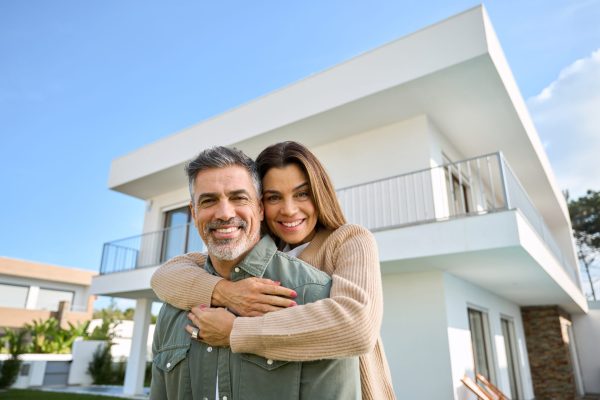A vacation home might sound like the perfect escape. It offers the idea of weekend retreats, family holidays, and even potential rental income. But owning a second home is not always the dream it seems to be. For many people, it brings more stress and cost than enjoyment. Before you make a decision, it is important to consider the full picture.
A Vacation Home Requires Financial Stability
Buying a vacation property is a major financial commitment. You are not only paying for the house itself, but also for monthly expenses like a second mortgage, property taxes, utilities, and homeowners insurance. These payments continue whether you are using the home or not.
Maintenance adds even more pressure. Every house needs repairs over time. Roofs leak, appliances break, pipes freeze, and unexpected issues come up. If you are already managing tight finances with your primary home, adding another set of bills can lead to serious financial strain. A vacation home should bring peace, not financial stress.
You Might Not Use It Enough to Justify the Cost
It is easy to imagine yourself using your second home often. But once you account for work, school, and other responsibilities, your visits may be less frequent than expected. If you only use the home a few times a year, it may not be worth the ongoing costs.
Some buyers hope to offset these costs by renting the home out when they are not using it. While that can help, being a landlord is a job in itself. You need to manage bookings, cleanings, maintenance, and guest communication. If you live far away, managing the property becomes even more complicated.
Rental Income Is Not Always Reliable
Vacation homes do not guarantee steady income. Rental demand can vary from month to month, and competition in popular destinations is high. Travel trends change, local regulations shift, and some seasons may be harder to fill than others.
Even during busy months, the income you make from renting may not cover all the costs. Cleaning fees, property management, repairs, and ongoing upkeep take a large portion of your earnings. You also need to keep the home well maintained and attract positive reviews. If your main reason for buying is to make money, be sure to research the market in detail first.
Owning a Vacation Home Means More Responsibility
Many people see a second home as a peaceful escape. But it still requires year-round attention. You will need to monitor the property, handle maintenance, make sure it is safe when empty, and be ready to respond to problems even from a distance.
If you prefer stress-free travel where you can book a hotel, relax, and not worry about upkeep, a vacation home can feel like too much. It limits your travel options and adds a layer of responsibility that may not match your lifestyle.
Make Sure a Vacation Home Fits Your Life
There is no doubt that a vacation home can be rewarding if you are fully prepared. But if you are not ready for the cost, the time, and the responsibility, it might be more of a burden than a benefit. Think carefully about how often you will use it, whether you can afford it comfortably, and how it fits with your long-term plans.
A second home is not just a luxury; it is a commitment. Make sure you are buying it for the right reasons and at the right time in your life. A peaceful retreat should not come at the cost of your peace of mind.


Post Comment